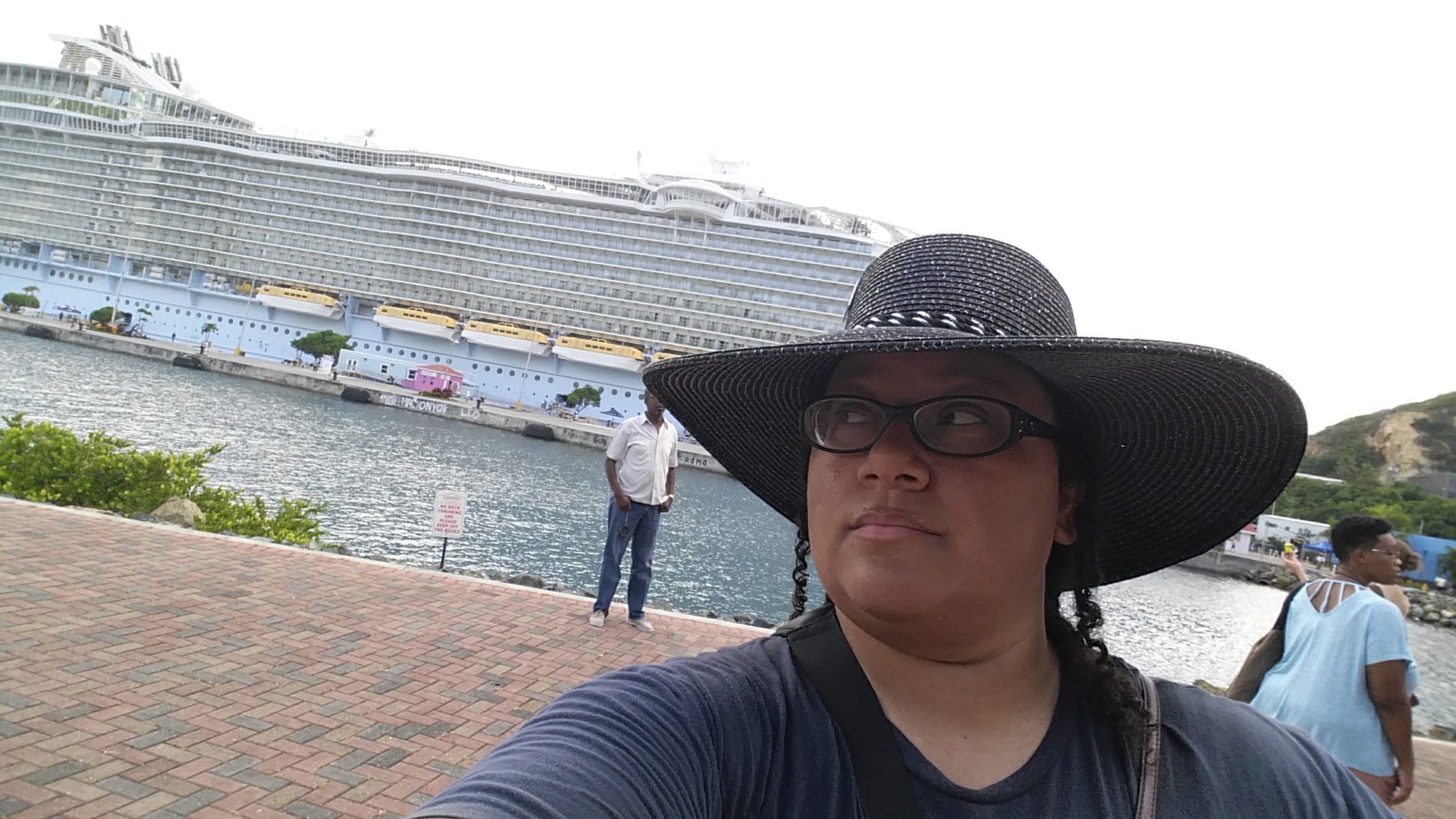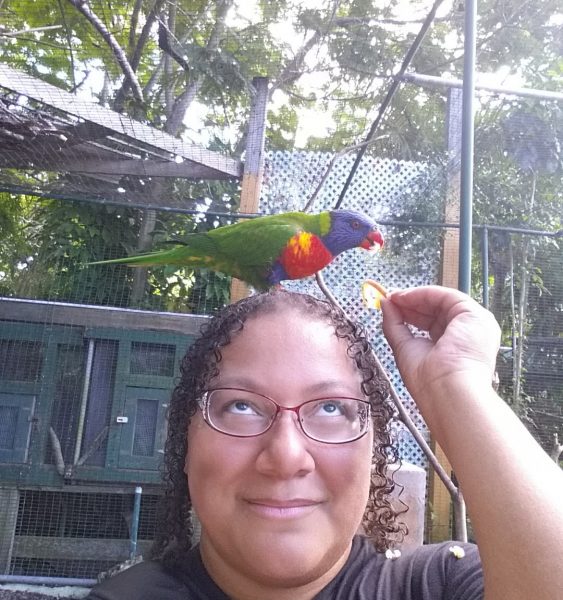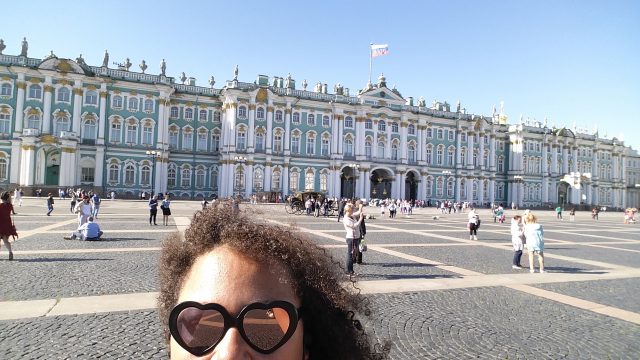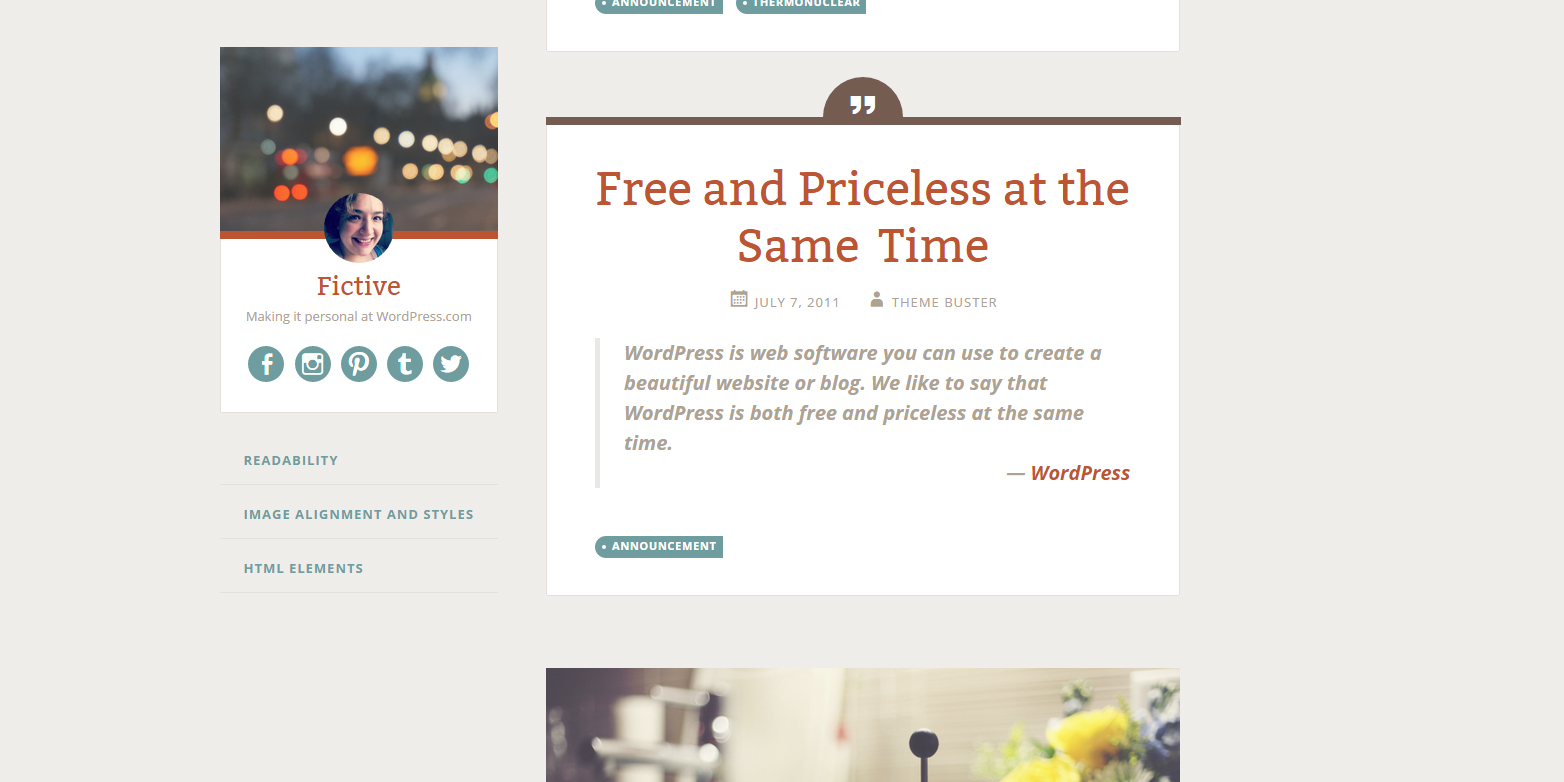This week the fine folks at the Writing Excuses podcast announced the next cruise and retreat. In 2018 I’m joining the team as an instructor alongside Amal El-Mohtar, Maurice Broaddus, Piper J. Drake, Valynne E. Maetani & more. The workshop starts on 9/22 in Houston, and the cruise sails from Galveston, TX and goes to Roatan, Honduras, Belize City, Belize, and Cozumel, Mexico before docking again on 9/30. It’s going to be a fabulous trip and I’m very much looking forward to it.
Before I tell you why I’m so excited for this based on my experiences over the past couple of years, I want to ask for your help with something. Every year, alumni of the Writing Excuses retreats raise funds for a full ride scholarship to the cruise. This is in addition to a scholarship funded by supporters of the Writing Excuses Patreon (the $20/month level). The more money they raise, the more people who can’t afford this cruise get the opportunity to experience this. Please consider donating to the Alumni fund before December 15th, or giving ongoing support via Patreon. I’ll give details on how to do that at the bottom of this post.
But first, let me tell you why I think going on this cruise is an awesome opportunity for writers.
I first came on the cruise back in 2016 when I was invited to be a staff member. That year we sailed around the Caribbean, and it was my first time on a cruise ship. The nature of cruises like the one we took is that we only spent a few hours on each island, and so there wasn’t much time for seeing more than one thing and certainly not enough time to get a real sense of the place.
That said, having one distinct experience in each place, getting some time in places I’d never been, being exposed to even the slightest hint of something outside of my life, was powerful. It made me want to have more time, to visit the places for real. But I also appreciated those few hours floating in clear, warm ocean water and allowing myself to just be and breathe and listen.
This year’s cruise was very different. We went to the Baltic sea with stops in Sweden and Denmark and Estonia and Russia. There were no beaches! But with each city there was time enough to again have a distinct, capsule experience.
And it was on this trip that I discovered how even a small amount of time in a place can provide inspiration for my writing and fodder for my creativity. I talked about this in episode 13 of ORIGINality (skip to the 1 hour mark for the stuff on this trip in particular). I was able to turn experiences I had in Europe into useful reference points for the novel I’m writing set in Egypt. And I know down the line the places I’ve been will bubble up in some other way. Everything one does can benefit ones writing.
Beyond that, the cruise instructors all offer classes, there are critique groups and other workshops, the chances for one-on-one discussions with amazing authors, editors, agents. There’s networking and craft working and skill building and the opportunity to get to know some amazing people. I have felt so very lucky to be part of it the last two years and to get to be part of it going forward.
I want more people to have the opportunity to be part of it. And so I’m asking that if you have $5 to spare or $10 or $20, please donate to the alumni scholarship fund. You can donate via PayPal to wxralumscholar@gmail.com by December 15th. If you donate via credit card, please mark it as a gift and not as for a good or service, so they won’t be charged a fee. If you really hate PayPal, email that address and they’ll work something out with you.
If you have $20 a a month to spend, consider supporting the scholarship through the WX Patreon. You get cool extras if you do.
And if you’re a person who would love to come on the cruise and would benefit from it but cannot afford it, keep an eye out for when the scholarship applications open. It’ll be announced on the Writing Excuses website, social media, etc.
Finally, if you’re a writer and you can afford the time and price of the cruise, please join us! I have no doubt this year is going to be as wonderful as the last two. The ports we’re visiting have the potential to offer inspiration or relaxation, and the instructors are going to teach you amazing stuff.
Come on a boat!
















